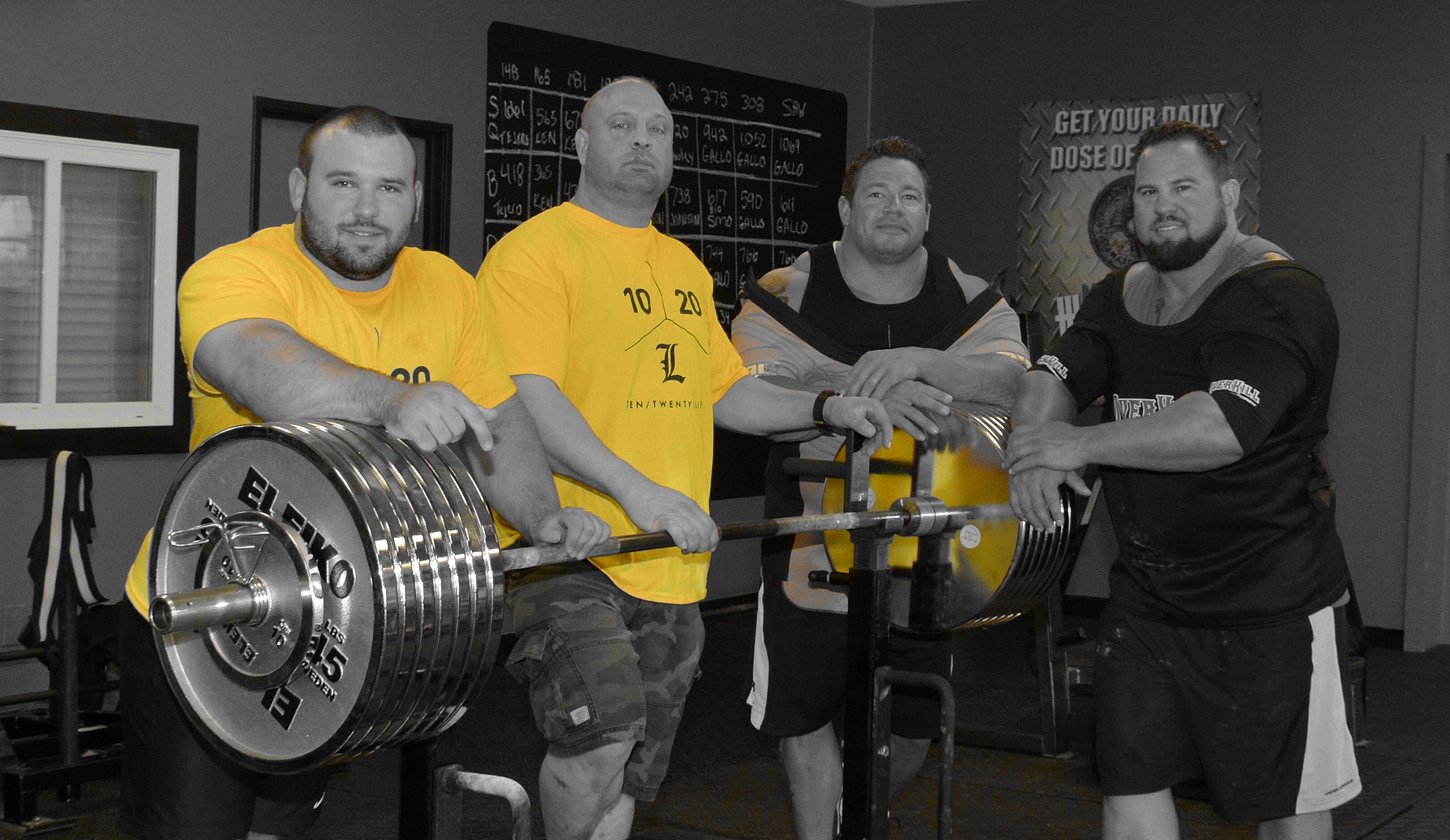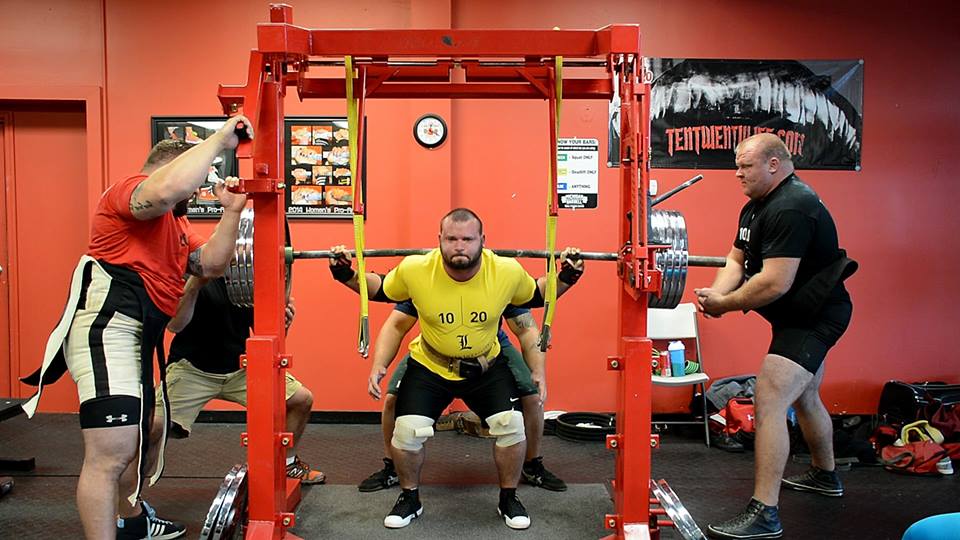
30 Jul Developing Philosophy
By: Dan Dalenberg
I first discovered 10/20/Life and Brian’s coaching in December of 2010. I had been following cookie cutter type programs for several years with a moderate level of success but had hit a plateau. I knew enough to know that I needed something more than just a template I found online, but wasn’t experienced enough to write an effective training cycle completely on my own. I expressed this to a guy named Steve Diel at a meet that we were both lifting in and he pointed me Brian’s way.
Working with Brian was easy! He kept it simple, with a brief questionnaire for me to fill out before he got to work on a training cycle for me. I think it was about a dozen questions, nothing to complicated. Pretty quick he delivered and I executed. I still didn’t know how to program really, but I knew Brian had the knowledge to write me something effective so I trusted him and, outside of a handful of questions, just did what I was told. The programming was working well for me, adding pounds to my total and keeping me healthy.
We repeated this process several times over first couple years, but at the time I was a student- broke and couldn’t always afford his help. I’m also a “learner,” I wanted to see if I could figure it out on my own and write effective training cycles for myself. Keep in mind; this was before the 10/20/Life book was written. This meant I needed to dissect what Brian had written for me and actually understand the “why” not just the “what” of how I was training. I needed to really form some of my own philosophies around training.
Embracing the Suck
This was the biggest benefits of having a coach for me. It’s really easy to write up a training cycle for yourself that doesn’t include any of the unpleasant stuff that you don’t like to do. The movements that are going to make you better are not always the most fun and, quite unfortunately, are often things you hate doing. Working a coach kept me accountable and I knew I had to keep doing that for myself. For example, I hate block pulling. I’m terrible at block pulls and really do not like doing them at all. The 3-4” block pull is a huge weakness for me. I would love to not do these, but I know that they will make me a better deadlifter. So I force myself to be accountable and do begrudgingly do them. It’s no coincidence that as my block pulls have improved, my deadlift has improved.
Being Honest
I’ve become my own worst critic. I have to be that. Not acknowledging my weaknesses and deficiencies will do me zero good in the long run. Having a coach provided an objective view of what I was doing right and wrong and he was able to provide useful constructive criticism. In order to create effective training for myself, I had to make sure I was doing this and giving myself honest reviews of what was going well and what was crap.
Not Freaking Out
How often do you have one bad session, or maybe a couple bad sessions, and think you are done? I know I have felt this way. I can remember on several occasions having a bad session a few weeks out and thinking my training cycle was screwed. Of course that was never true, one bad session never really made that big of a difference. Having a coach to give me a reality check was great! It’s a lot harder to remind yourself that everything will be fine. This became easy once my mindset changed to the long game, realizing that I have done thousands of reps and have built strength over the course of 10+ years. A couple bad weeks aren’t going to matter.
Playing the Long Game
In my first several years of powerlifting the focus was always on the next meet. I was always just thinking about the next 10-15 weeks or so, looking to what I would do the next time I took the platform. Flat out- I simply don’t believe this attitude will breed a great strength athlete. Look at the vast majority of the top lifters; they all have one thing in common. Regardless of training style, athletic background, raw, gear, whatever, the guys at the top all has put in lots of time. They’ve been lifting weights for years! My focus became the long term, training cycles are still written in 10-20 week blocks but the root of what I am doing is thinking about the long term, the lifter that I want to become, not the one that I will be at my next meet.
Going from having a world class coach to writing my own training was not easy. I made plenty of mistakes and numerous ideas didn’t work. As I discovered my own philosophies and applied that mindset to my training consistently, my training cycles became more and more effective. These general ideas as well as the principles of 10/20/Life have built the total that I have and will continue to build to bigger and better performances.
Daniel Dalenberg
Latest posts by Daniel Dalenberg (see all)
- A Binge for the Record Books - August 20, 2018
- Training on the Go - July 6, 2018
- Dan Dalenberg | Deload and 5k week! - June 18, 2018






Sorry, the comment form is closed at this time.